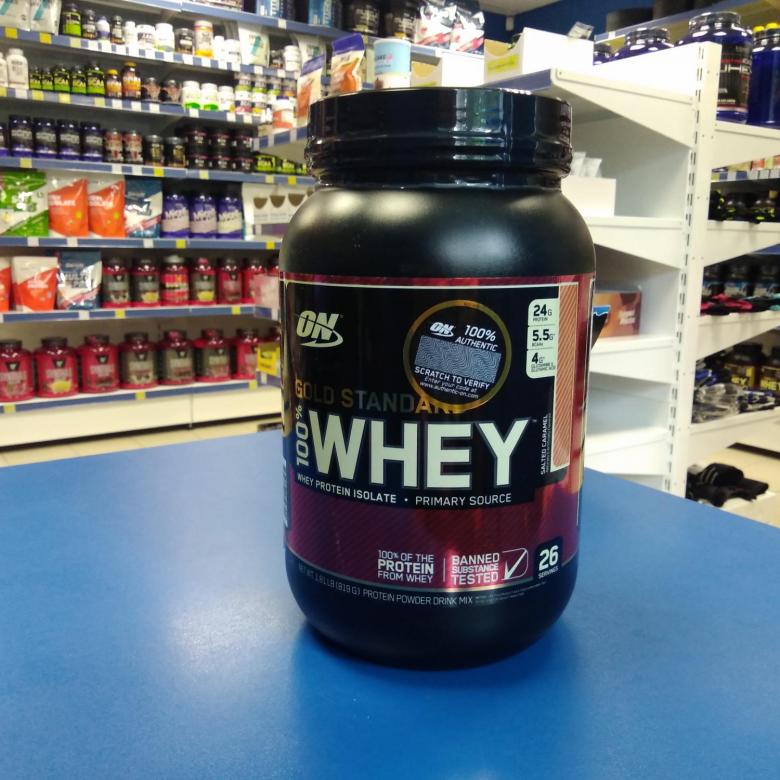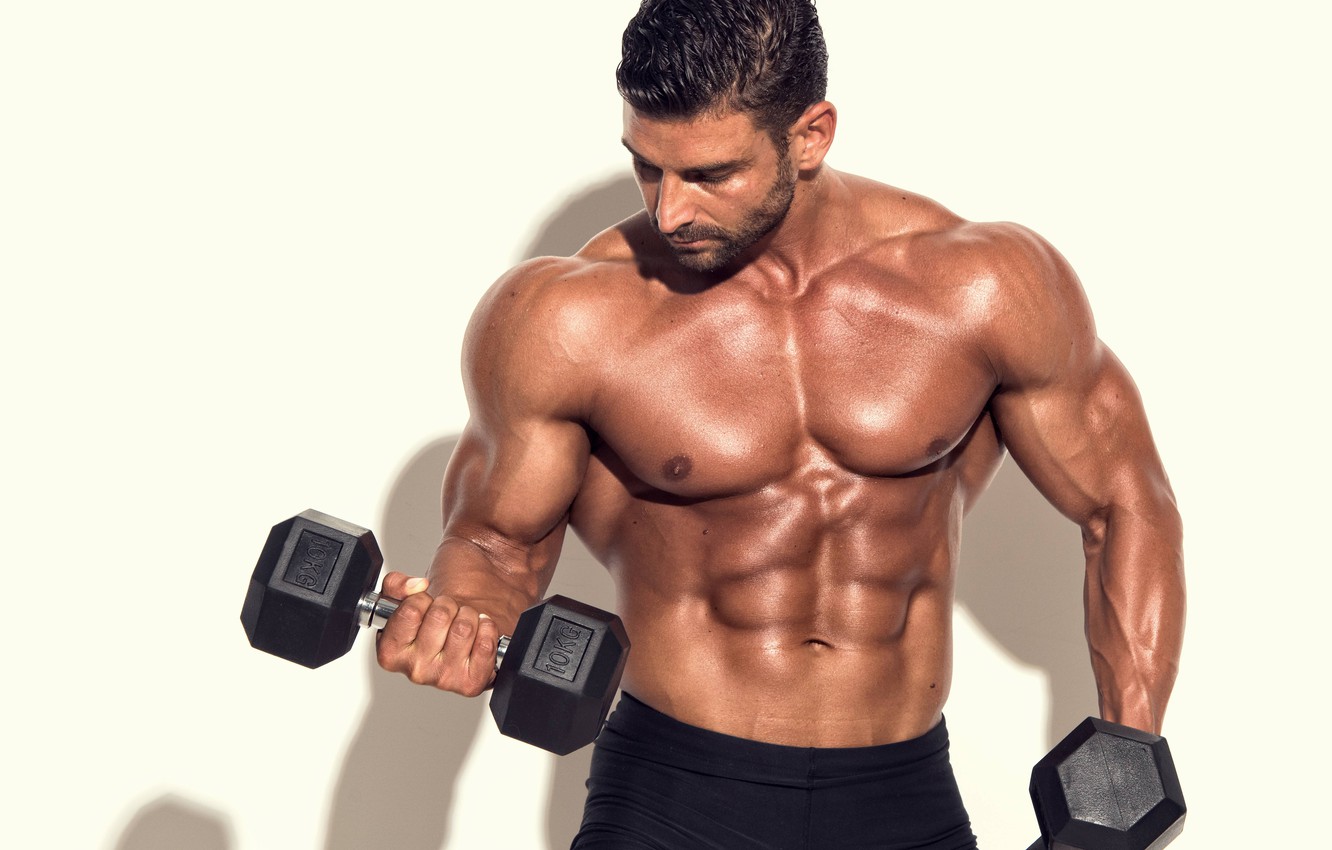Frequently Asked Questions
How much should I eat?
Answer: Start with the recommendations above, but don’t be afraid to adjust the caloric content of your diet up or down. Your metabolism and physiology will adjust to the amount of food you eat in an attempt to maintain homeostasis and regulate your weight. Some may need to eat more than others, but you can’t be fooled by the scale reading. If the arrow doesn’t go up, you may need to increase your calorie intake.
How much protein do I need?
Answer: The literature recommends that young people consume 1.8 to 2.2 grams of protein per kilogram of body weight. Can I eat more? If you have healthy kidneys, yes. Would it be physiologically beneficial? Probably not. Also, since you have a certain amount of calories needed, by consuming more protein, you should reduce your carbohydrate and/or fat intake to keep your diet balanced. When your protein needs are met (≈1.8-2.2 grams per 1 kg body weight), you can probably see more benefit from increasing your carbohydrate intake, given its effect on anabolism and anaerobic capacity. However, as I mentioned above, these recommendations will be different for older athletes given their slower anabolic response to amino acid intake.

What supplements should be taken?
Answer: in theory, no. The correct question would be, “What supplements are helpful?
What working weight should you use?
Answer: Use a weight that is heavy for you but allows you to perform the necessary number of repetitions and keep the correct technique.
When should I increase the working weight?
Answer: As soon as you can perform the required number of reps. If you are prescribed a repetition range, start with the minimum threshold if the weight seems heavy and the maximum threshold if it seems light. Once you reach the upper limit of the range, increase the weight and keep at it.
How do you minimize fat gain when following a weight loss diet?
The answer is that it is virtually impossible (steroids don’t count) to build muscle without gaining fat when following a weight gain diet. However, you can improve your body composition by not consuming too many calories (more than 1,000 calories above your basal metabolic rate). You should also train intensely, emphasizing progressive overload so that calories are expended for muscle growth. Cardiovascular training should not be forgotten: HIIT and LISS workouts play an important role in increasing mitochondrial density, balancing neurotransmitters, improving oxidative potential and brain neuroplasticity.



